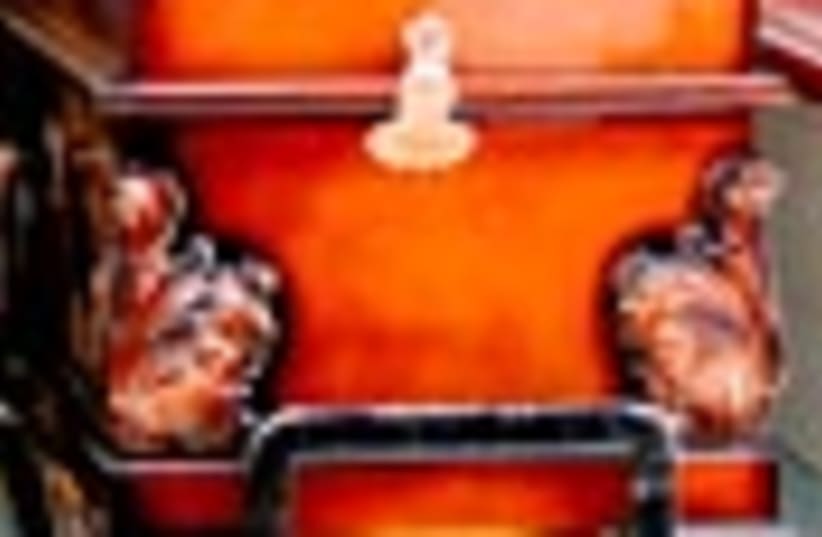| More about: | United States, Jerusalem, Passover, Eilat |
Designer funerals: Wine, jeep rides and klezmer music
Whether a body is cremated or buried in the usual fashion, Ari Porat of Kavod Aharon offers the families of the deceased designer funerals.


| More about: | United States, Jerusalem, Passover, Eilat |